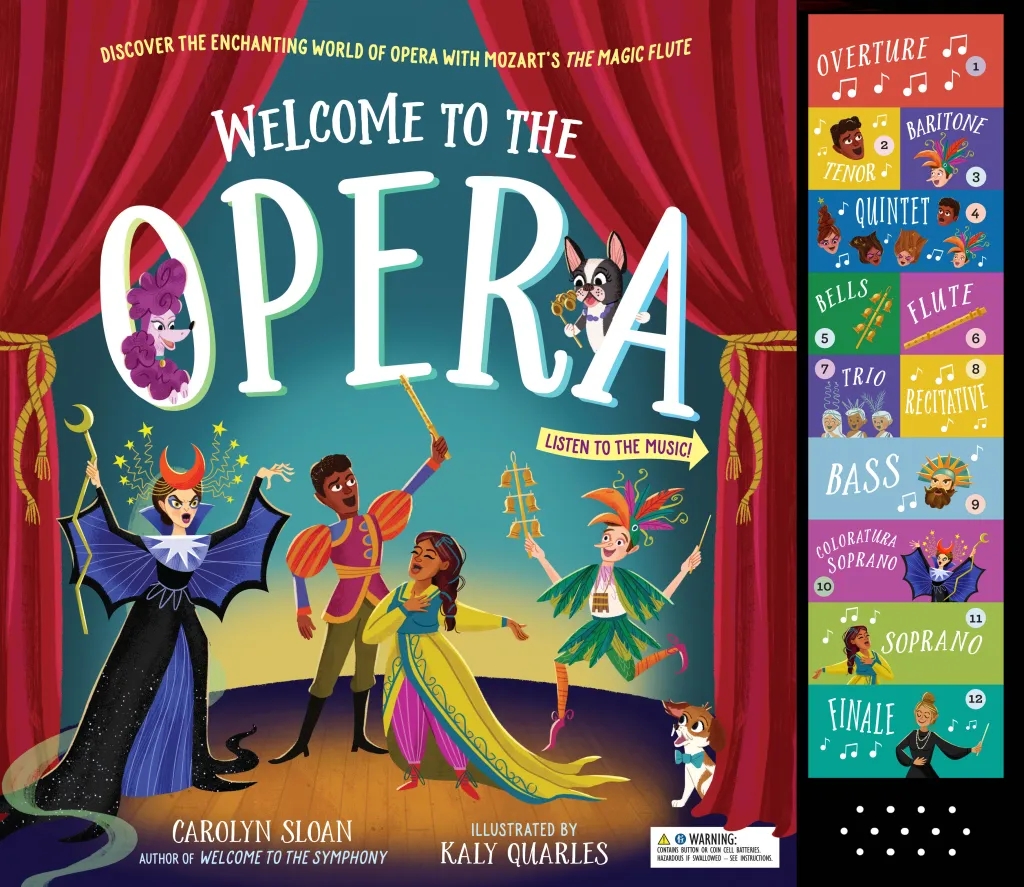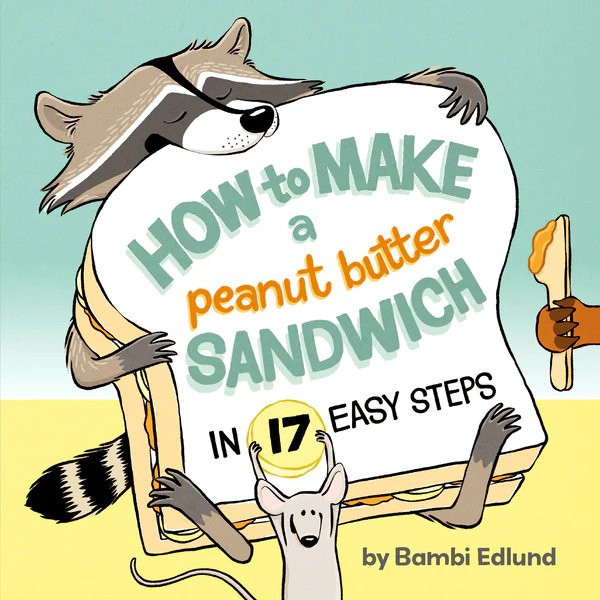
Please give a very warm welcome to children’s author Beth Vrabel who is here with a special guest post! I have had the pleasure of reviewing and talking about Beth’s middle grade novels such as Bringing Me Back, and A Blind Guide to Stinkville. Beth is back with a brand new book (and series opener!): The Newspaper Club, which was just released this month (from Running Press) to a starred review from Kirkus! Read on for more information about The Newspaper Club, and for the author’s potent and auspicious guest post about the importance writing and sharing stories in the face of uncertainty and fear; finding and discussing reliable news stories; how to stay informed, connected during erratic times, and much more.
About The Newspaper Club:

Learn what it means to be a journalist in this fun, fast-paced new middle grade series about a club of kid reporters by an award-winning author.
Shortly after Nellie Murrow, named for one of the fiercest journalists who ever lived and daughter of two (former) newspaper reporters, move to sleepy Bear Creek, Maine, rumors of vandalism and attacks at the only park in town are keeping Nellie saddled to the house.
Some townspeople say the attacks are gang recruitments. Others blame a vagrant spotted on the hiking trails around town. But when Nellie thinks like a reporter, none of those explanations make sense. Something is happening at the park, but what? All of the fake online news and rumors are clouding the real news.
Nellie wants to break the story–and break free from the front yard-but she can’t do it alone. She needs a whole club if she’s going to start the town’s first independent newspaper–The Cub Report. Creating a newspaper from scratch is going to be tough; but for Nellie, making friends is even harder.
Guest Post from Beth:
A few years ago, my dad gave me a pile of handmade books. “Happy Father’s Day, Daddy;” “Happy 40th Birthday, Dad”; “Our Vacation”; and more.

They were simple, construction paper covers, stock full of terrible jokes and awful artwork. And they were the stories of my childhood. Those books were a way for me, the youngest of the family and by default the least informed, to have a voice. A space for me to sort through the bigger stories ongoing around me.
I spent the longest time holding one book in particular, titled “Daddy’s Operation.”
A couple weeks ago, The Newspaper Club, a series about six kids who create their own independent press when their small-town newspaper folds, debuted. Running Press had a wonderful tour planned, full of outreach and school visits.
And then a pandemic shook our world.
When I was about ten years old, a much smaller-scale event—just a step—shook my narrow world. My father worked at a quarry. A metal catwalk connected one side of the plant to the other. One day, as he crossed it, he stepped onto a patch of rust. His foot fell through the catwalk and then through the corresponding patch on the machine below it.
That day, my strong, quiet dad went to work just like usual. The next, he was recovering on a bed in our living room, where he would stay for about six months. He was getting better, every day. But I didn’t know that.
I told you, I was used to being the least informed in our family. No one remembered to tell me things such as dentist appointments, birthdays or, hey, we’re going to visit Grandpa in Indiana for a week. But this? This was such a big thing that I didn’t feel like I could ask about it. What if the answer was too sharp to hold inside? What he would never get better? So, I didn’t ask. I didn’t ask any questions at all. In fact, I did my best to be invisible. I couldn’t make his foot better, couldn’t make Mom less stressed, but I could do stay out of the way. The same idea carried over to school, where friends probably didn’t understand why I was so withdrawn and began to whisper about me. I pretended to be invisible there, too.
This was such an awful idea. I don’t know how long I could’ve continued pretending to be invisible until I truly felt unseen. Luckily, something saved me. I wrote a story.
I want to be clear that the story did not save me. The story was awful, the literary version of a first attempt at roller skating. But I had filled pages with my words. My mom read it, ignored the problems and said something that changed my life. “Someday, Beth, you’re going to write a story and it’s going to be published.” And I could picture it, a book with my name on the spine.
Writing became my everything. I filled notebook after notebook with stories. Most of them were terrible. But each was a little better than the one before. Soon, teachers and classmates started saying I was talented, though I knew that wasn’t true. I just practiced a lot.
Still I wasn’t brave. Waiters had to lean inches away to hear my order. My hand never went in the air during class. Classmates talked for me or over me. I never asked questions, especially big ones.
Yet I stopped pretending to be invisible and started pretending to be a journalist, imagining marching into rooms with a notebook in one hand and a pen in the other, refusing to leave until I had a story. I read about journalists such as Nellie Bly and Ida B. Wells. Their fearlessness was astounding. I could never do that! I could only pretend to be brave.
Slowly, my dad did get better. It took a lot of practice, and he worked hard. One day he was on crutches, and before long, he was walking.
Maybe there was something to this practicing. Maybe I could practice being brave.
So, I followed Dad around, asking question after question after question. It wasn’t hard at all. Even more surprising? He had great stories! I found out that he had once been part of a motorcycle club—along with my grandpa! In fact, he had racing trophies in our basement. I learned about times when he had been scared as a kid, when he had been confused, when he had been brave.
I put those stories into books that became the currency of our relationship. Every birthday, Father’s Day, event in our lives meant a new book. I couldn’t be invisible if I was chronicling what was happening around us. I had to be informed. I had to ask questions, even hard ones.
When Dad had to have a follow-up surgery on his foot, I didn’t back away from a story that could be too big. I asked—what would happen? How long he would recover? I wrote “Daddy’s Operation” across the top of the book and gave it to him the day before he went into surgery. The book didn’t inform him of anything he didn’t already know. But it gave me a chance to be part of the story.
While I had wanted to practice bravery, what I really learned is this: Everyone has a story. Every story matters. Each story connects us.
I have no doubt that those little books I wrote for my dad are why I have piles of clips from my days as a journalist with my hometown newspaper. Each day, I’d venture out with a notebook in hand and meet with people on the worst or best days of their lives, chronicling their stories. Often, I was scared. That notebook in my hand helped me to be brave.
Today, so much is uncertain. We are figuring out this pandemic and its influence on our bodies, our culture and our families, day by day, hour by hour. Our children are navigating with resiliency, but their world has been shaken. They have questions, and they might not be asking them. They might not feel ready to hear the answers.
In The Newspaper Club, our hero Nellie is the child of two journalists. When she moves to sleepy Bear Creek, Maine, she feels disconnected and lost. But she knows the way to feel stitched into her community is to share their stories.
Consider giving your children or students a notebook and a pen. Remind them that they’re primary sources to one of our world’s biggest news stories, urge them to report their feelings, their observations, their projections. Let them interview you, and answer them truthfully about how you prepared, how you will keep them safe, how your community is caretaking for its members.
Maybe they’d rather know about a time when you were their age. That’s okay, too. You’re helping them see a bigger picture than what’s in front of them. Maybe they’ll share their stories with you. If they don’t want to share, trust them. Give them space.
Consider sharing The Newspaper Club with them, using the Club’s experiences as a springboard for discussing reliable news stories. We have a fantastic curriculum guide and a poster of Nellie’s tips for cub reporters available for free download, if you want to delve deeper. Share unreliable stories, too; there are plenty from which to choose on social media. Talk about the differences—on-the-record, verifiable sources; reputable media platforms; that too-good-to-be-true feeling that needs to be checked out. Show them how to stay informed, not influenced, not inflamed.
Right now, we’re all feeling disconnected and maybe a little lost. Give young readers the tools they need to connect—a notebook and a pen. Remind them to practice, not just pretend. Empower them to ask questions, knowing that nothing but information changes once they have the answers.
Watch as they discover that everyone has a story, and that every story matters—especially their own.
Find Beth online:
bethvrabel.com
facebook.com/AuthorBethVrabel
twitter.com/beth_vrabel
Thank you so much to Beth for her time and coming to visit us! The Newspaper Club is out and available now!














Leave a comment